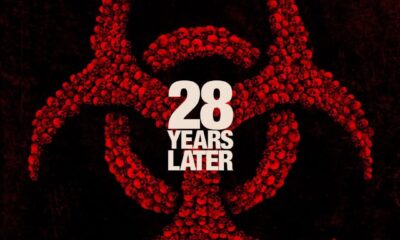Movies
The Shadow of Greed Trailer Review

Some trailers tease. Others haunt. The Shadow of Greed does both—and then some. From the opening beat of its soundtrack to the final echoing line, the 2025 trailer grips the viewer like a secret waiting to explode. Directed by the bold and inventive Akay Mason, this film promises a story where ambition is dangerous, loyalty is rare, and power comes at a soul-crushing price. It opens the door to an entire world, not just a story—it invites us into a storm of betrayal, mystery, and raw human emotion.
Characters With Fire in Their Eyes
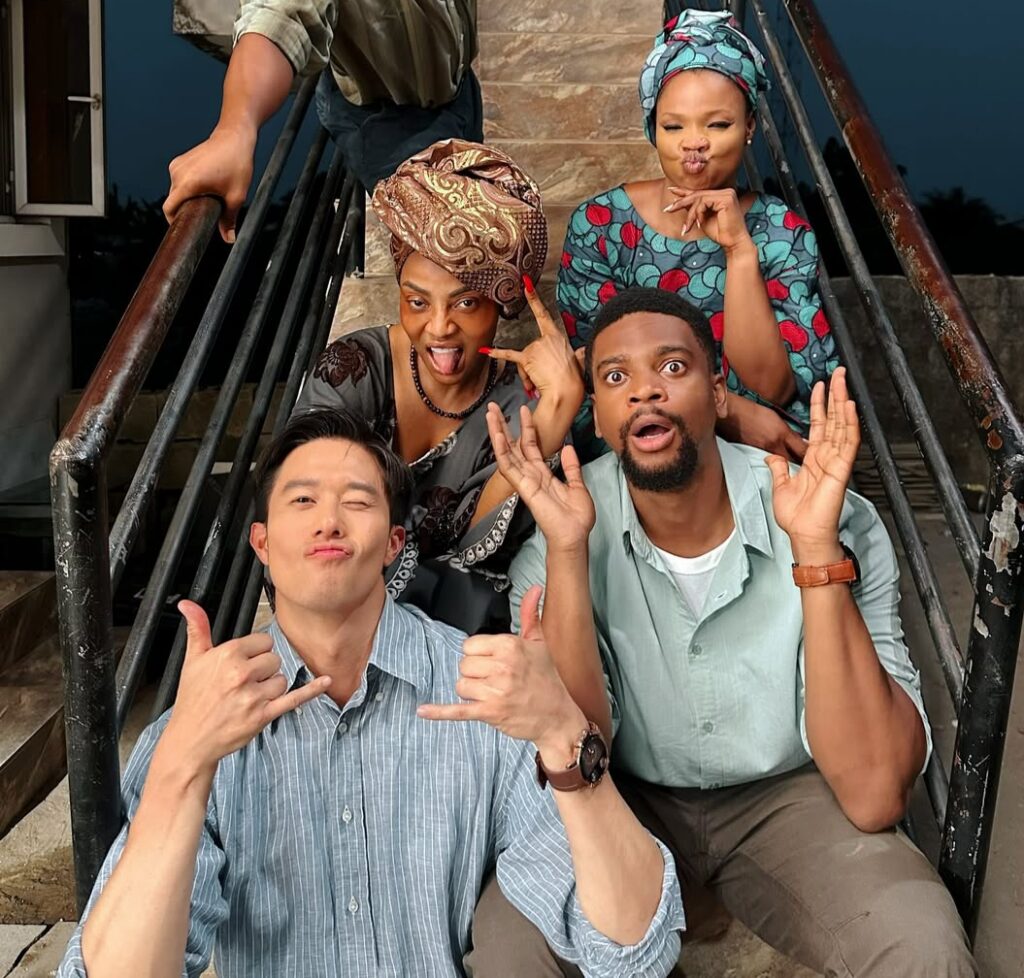
The trailer wastes no time unveiling its star-packed lineup, each performance hinting at hidden motives and buried pain. Kent S. Leung brings a stoic brilliance to what appears to be a morally torn lead. Olumide Oworu and Gabriel Afolayan shine with youthful intensity and emotional stamina, while Toke Makinwa, striking and sophisticated, commands every scene she’s in. Add to this the quiet power of Chunmei Wang, the wisdom-laced presence of Akin Lewis, Antar Laniyan, and the captivating energy of Tomiwa Tegbe, Jennifer Nsofor, Victoria Nwobodo, Jide Peniel, and Ifunaya Arinze, and you get a rare kind of chemistry that feels both volatile and magnetic. Every look and move in the trailer makes it clear—trust is rare, and everyone’s got something at stake.
Cinematography That Paints With Shadows
Visually, the cinematography in The Shadow of Greed is a flawless execution in modern visual storytelling. The lighting is deliberate—shadows stretch like secrets, and golden hues flicker with temptation. We move through towering cityscapes, dusty villages, quiet confession rooms, and opulent mansions. Each setting has a mood, a pulse, almost like a character of its own. The cinematographer and director work in perfect harmony to create visuals that whisper danger and desire in equal measure.
Language, Setting & Sound: A Global Tapestry

Set across regions spanning Africa, Asia, and urban Europe, the film uses a blend of languages—English, Mandarin, Yoruba, and others—with effortless grace. The multilingual dialogue gives the trailer a global heartbeat, reflecting the film’s layered narrative and diverse cast. The sound design amplifies tension: footsteps echo in empty corridors, whispered conversations bleed into sharp music cues, and silence, at times, speaks the loudest.
Costume Design: Symbolism in Style
The costume design is both elegant and loaded with meaning. Sharp suits, flowing traditional attire, battle-worn jackets. Every outfit tells a story—some speak of power, others of rebellion or innocence. Power is dressed in velvet, rebellion in rags, and innocence in pale linens. The costume choices add depth to the story, blending beauty with brutality.
A Promise of Twists, Tears, and Truths
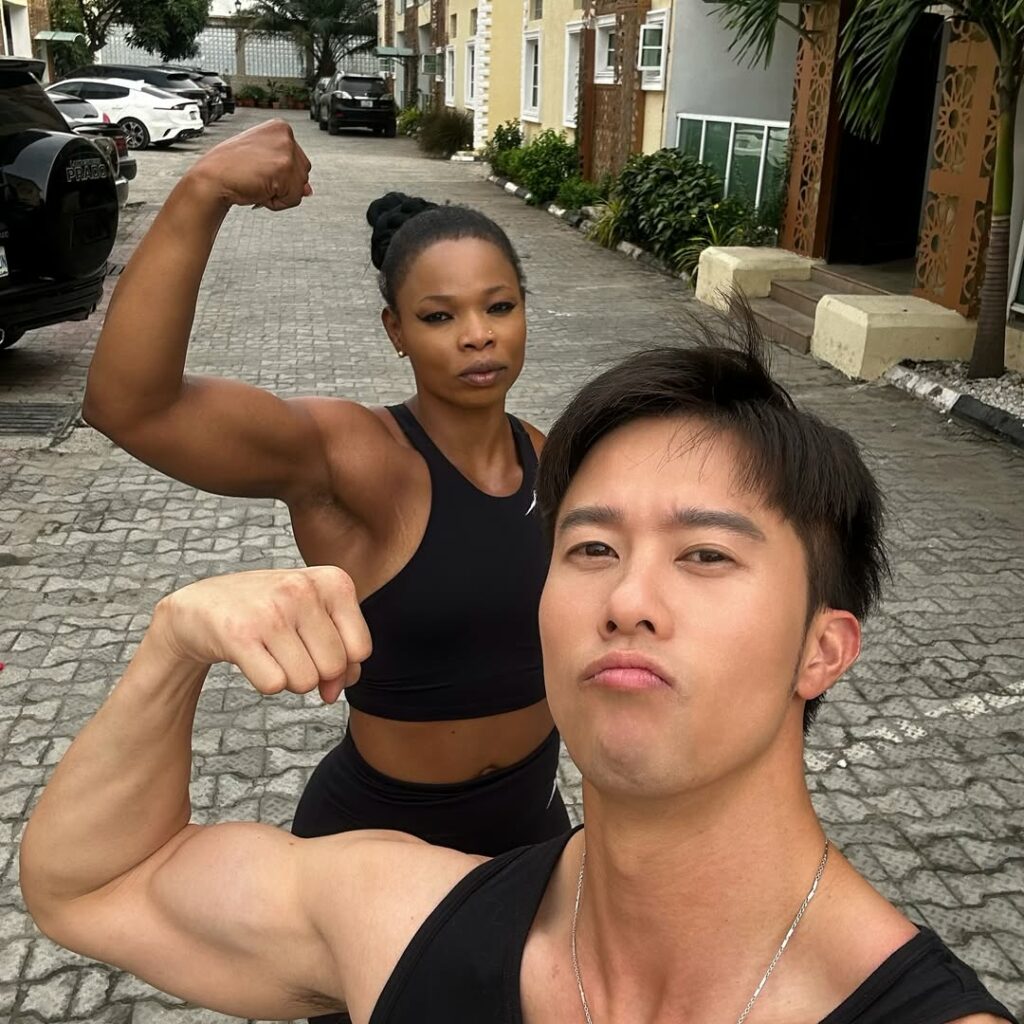
There are no clear-cut heroes—only flawed, desperate, and dangerous people trying to survive. The trailer gives only flashes of plot: a stolen document, a broken oath, a betrayal between brothers. But it’s enough. Lines like ‘Greed doesn’t sleep—it eats’ and ‘To protect what’s mine, I’ll burn everything else,’ tell us this isn’t just about ambition; it’s about survival. The stakes are high, and the game is deadly.
Final Verdict
The Shadow of Greed trailer doesn’t just tease a great film—it roars with cinematic promise. With its dazzling visuals, emotionally charged cast, rich cultural layers, and a tone soaked in suspense, it sets the bar for 2025 thrillers. If the full film delivers half of what the trailer promises, it won’t just be a movie—it’ll be an experience. And come premiere night, we’ll all be watching… waiting to see who falls, who rises, and who gets swallowed whole by the shadow of greed.
Movies
Mothers of Chibok Movie Trailer Review
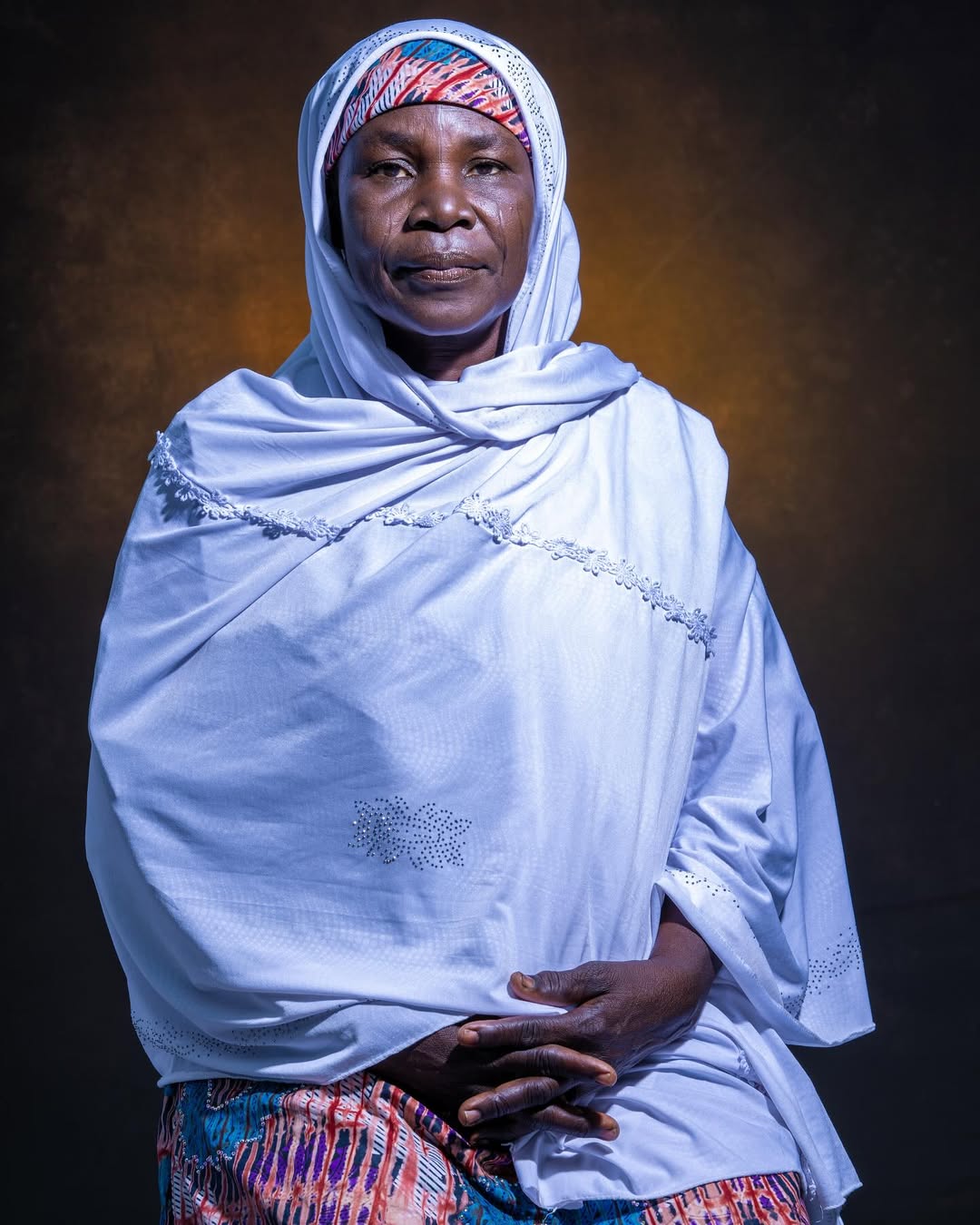
The Mothers of Chibok trailer focuses on the daily lives of women from Chibok, showing how they continue to navigate life years after the 2014 mass kidnapping of schoolgirls. It captures their routines, walking through village paths, planting crops, and attending to children, and does so with a clarity that avoids sensationalism.
Directed by Joel Kachi Benson, known for his Emmy-winning Madu and Venice-recognized Daughters of Chibok, the film moves beyond headlines and protests. It shows what happens after the media attention fades, portraying the women as active participants in their own lives rather than passive victims.
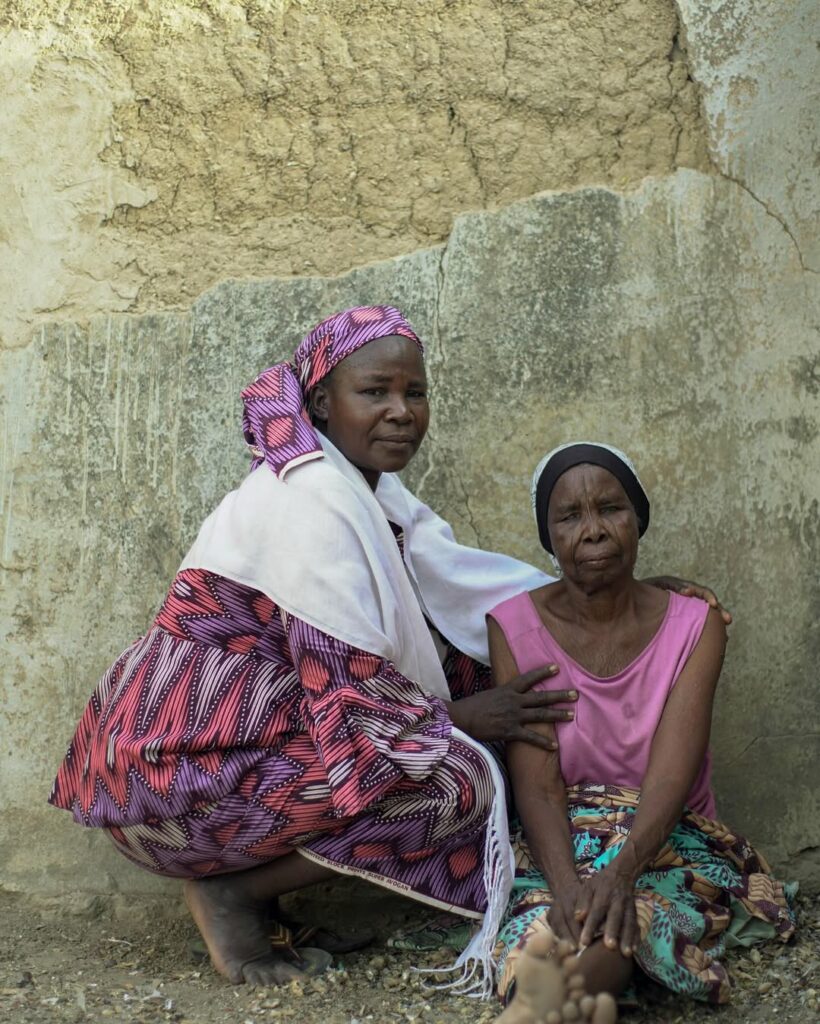
Photo Credit – Hayani Africa
The trailer does not rely on dramatic music or staged sequences. Instead, it records ordinary actions with careful observation: negotiating land, calculating school fees, and interacting with neighbors. These moments communicate resilience and determination through action rather than commentary. By showing community life alongside personal struggle, the trailer emphasizes that survival is not just a private challenge but a shared one.
Mothers of Chibok tells a story that extends beyond the initial tragedy. The documentary follows women as they work to provide for and educate their children, highlighting the long-term effects of the kidnappings on families and communities. Daily routines, farming, managing market activities, and caring for children, are depicted as essential acts of persistence, illustrating the realities of life long after the headlines have passed.

Photo Credit – Google
Visually, the trailer is grounded. Natural light and open spaces dominate, with long takes of women walking across fields and close-ups of hands at work. Faces are captured looking beyond the camera, suggesting focus and thoughtfulness rather than performance. This approach allows viewers to engage with the women’s experiences directly, without manipulation or dramatization.
The trailer does not aim to provoke shock or pity. Instead, it presents life as it is, ongoing, demanding, and sometimes difficult, while highlighting the determination these women bring to everyday challenges. Mothers of Chibok encourages viewers to consider the long-term realities of survival and recovery.
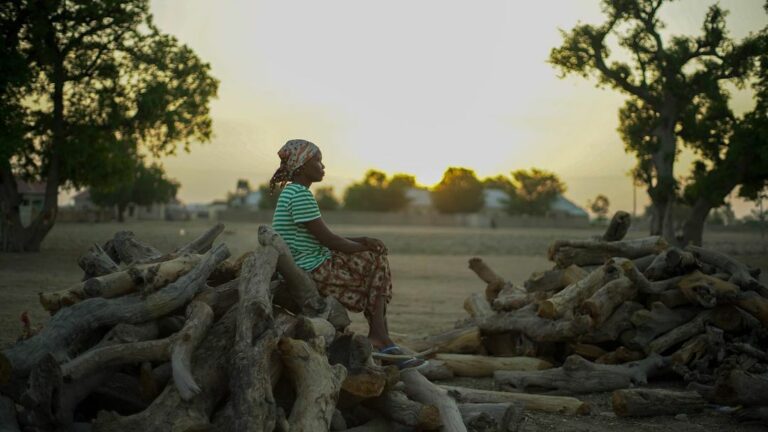
Photo Credit – Google
By centering ordinary acts and sustained effort, the trailer communicates a powerful message: these women are shaping their own futures, and their lives are defined not by a single event but by continuous resilience and action. For Nigerian audiences, the film promises a perspective that goes beyond headlines, offering insight into strength, community, and the work required to rebuild life after trauma.
Movies
Toyin Abraham’s Over Sabi Aunty Crosses ₦1 Billion at the Box Office
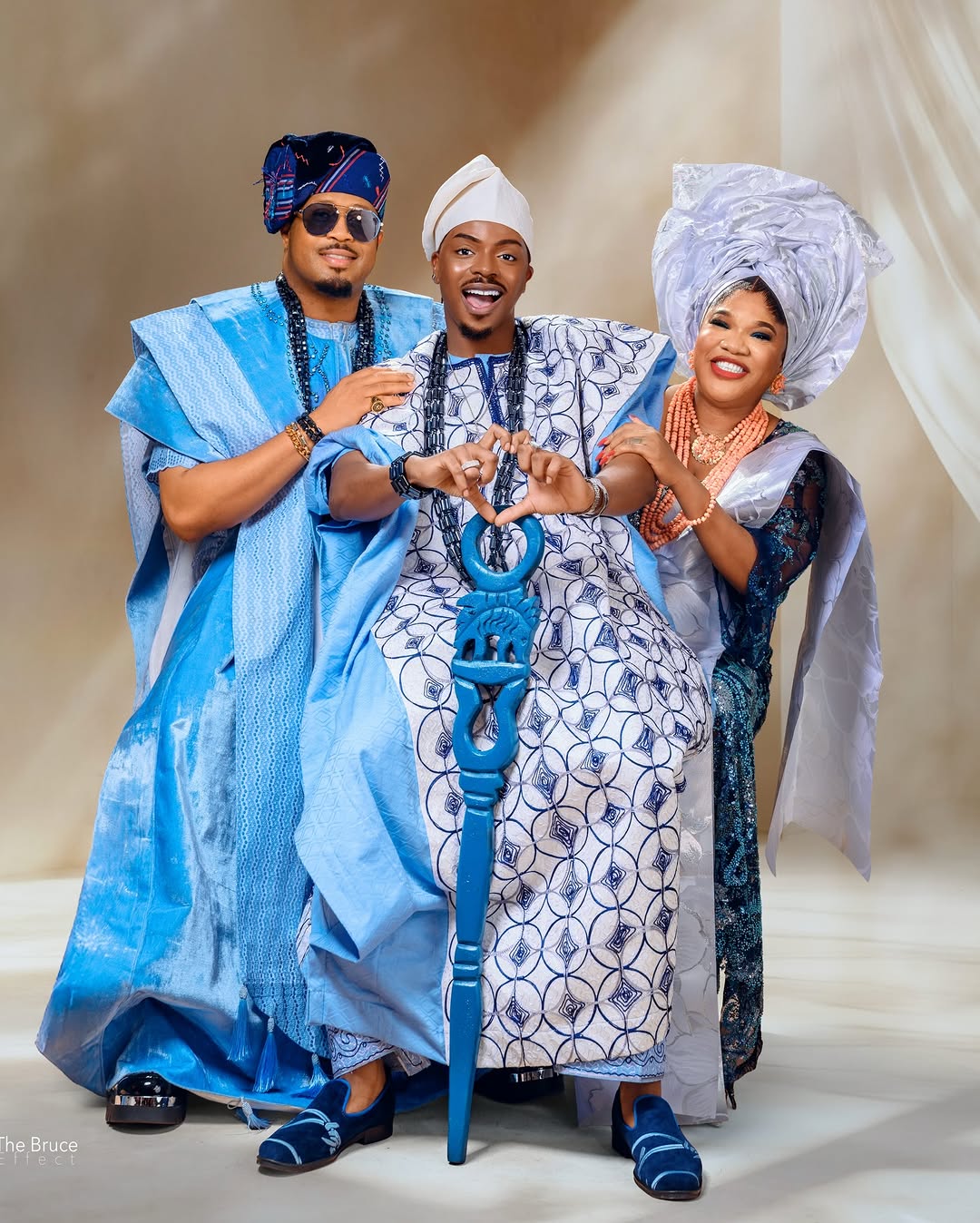
Toyin Abraham’s latest movie, Over Sabi Aunty, has crossed the ₦1 billion mark at the box office, highlighting the continued popularity of comedy dramas in Nigeria.
Everyone knows an “Over Sabi Aunty” that relative or neighbour who wouldn’t mind their business, talks too much, and always has an opinion and somehow thinks they know everything and is always right. She did a good job in turning this everyday character into a full story, mixing comedy, family drama and situations Nigerians see in their own lives.
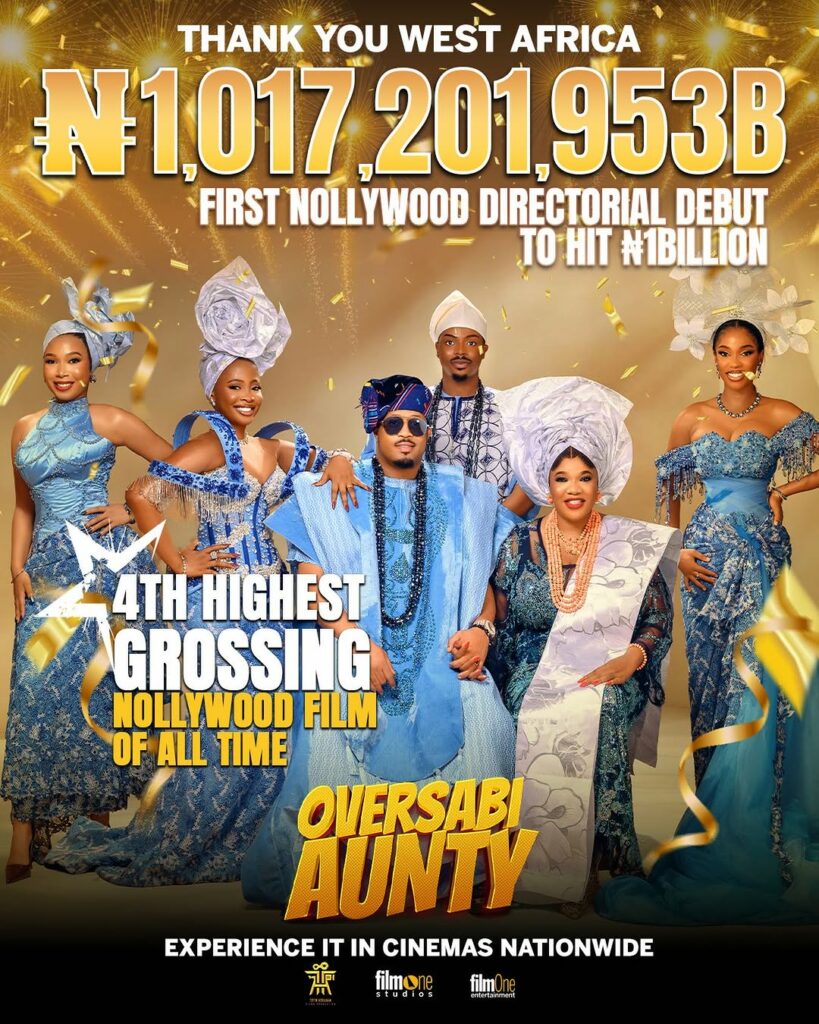
Toyin Abraham – Instagram
What makes this movie special is how realistic it feels. The humour comes naturally and the situations mirror our everyday life. From nosy relatives to family pressure and community gossip, the viewers can’t help it, but laugh, and shake their heads because it feels so familiar.
Toyin herself is the heart of the movie. Her performance is top tier and natural, balancing comedy and emotion in a way that keeps the audience hooked. The movie takes audiences on an entertaining journey full of laughs and relatable moments. The supporting cast also delivered, adding energy to the story.
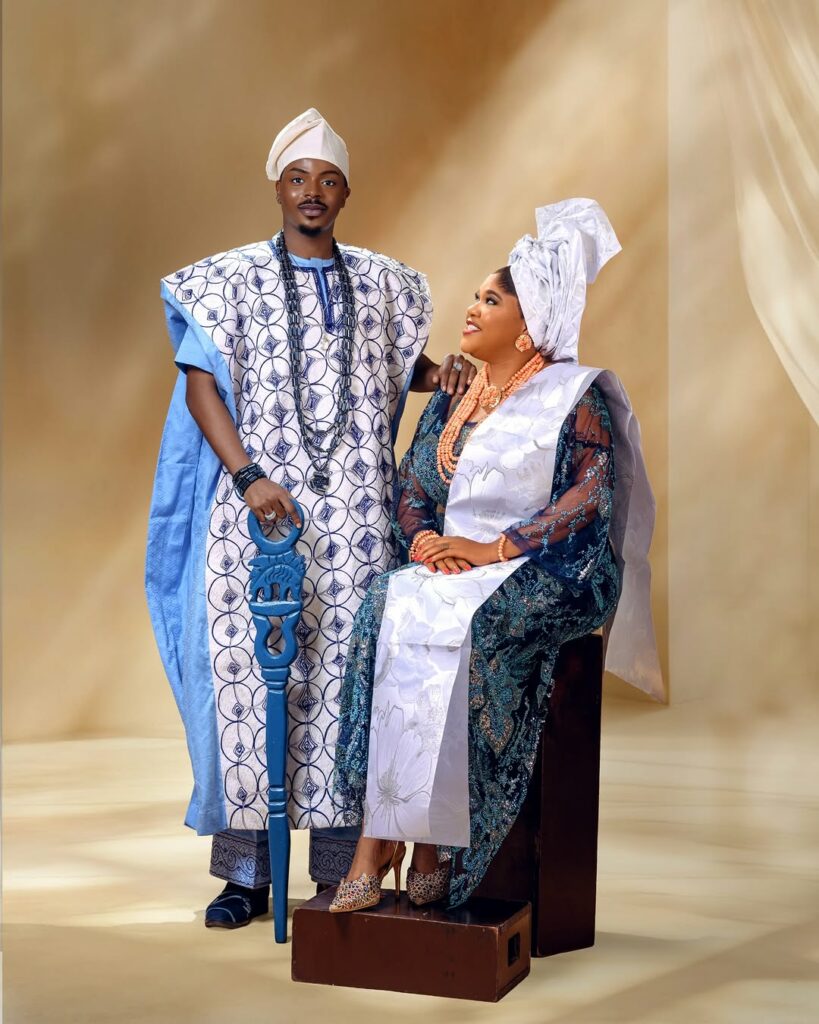
Enioluwa Offical – Instagram
The dialogues feel real, like something you would hear at home, at work, at the marketplace or while hanging out with friends and family.
Crossing 1 Billion at the Box Office is no small joke, especially with ticket prices rising. Strong social media engagement and word-of-mouth contributed to the film’s sustained popularity establishing it as one of the year’s most successful releases.
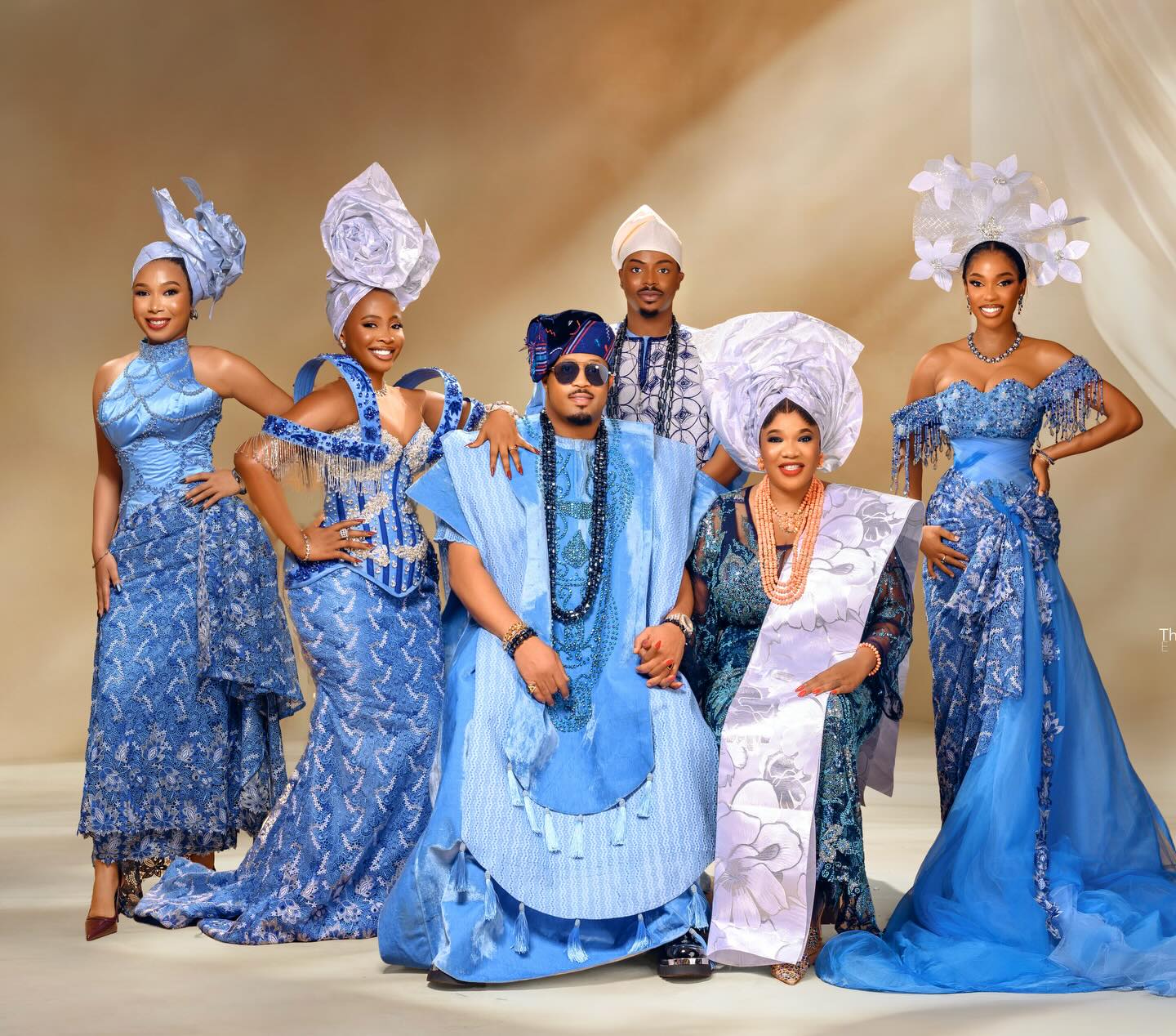
Photo: Instagram
The film’s success show Abraham’s continued popularity, with audiences responding positively to her mix of comedy and relatable storytelling.
With this accomplishment, Toyin Abraham confirms her position as one of Nollywood’s most consistent Box Office appeal. Over Sabi Aunty ranks among the top-grossing Nollywood films to becoming a notable commercial success across Nigeria
Beauty
Susy Oludele Just Gave Braids a Whole New Meaning
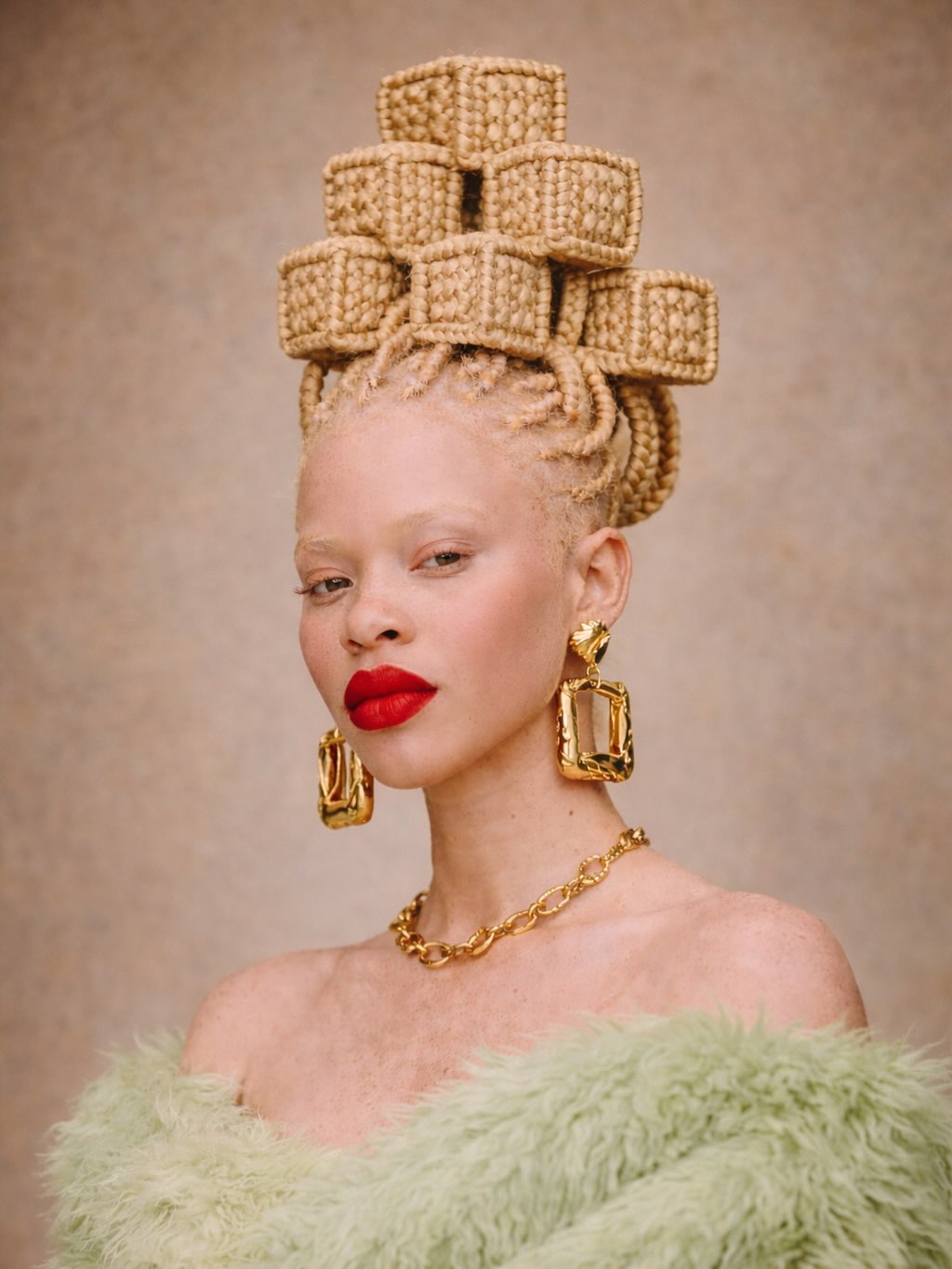
Susy Oludele has always been known for bold, creative hair work, and her latest braid design shows how far traditional braiding can be pushed into sculptural, three-dimensional territory. She created blonde braids shaped into stacked cubes, neatly arranged and styled on a model with albinism. Each cube is tight and aligned. The shapes are formed and anchored by slim, close-to-the-scalp braids.
Instead of lying flat or flowing, the braids stand upright, creating an architectural effect that requires extraordinary skill and control. It shows just how Susy can push braids into new shapes.
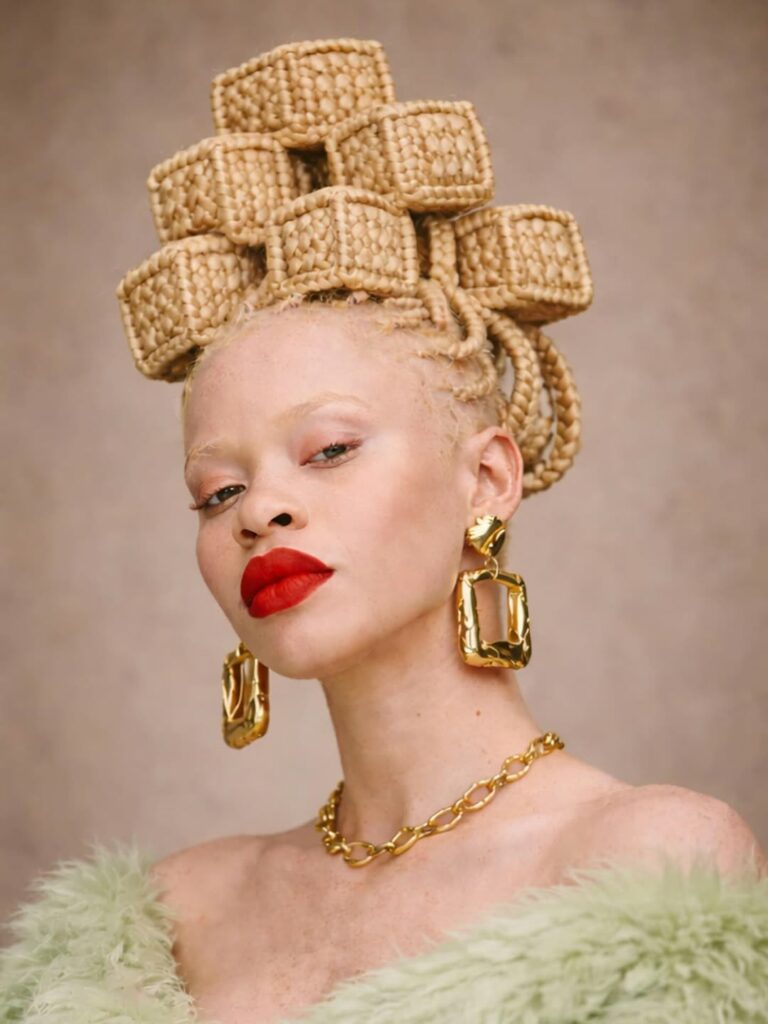
Hairbysusy – Instagram
Susy Oludele’s journey started in Nigeria at a young age. She is of Yoruba descent and began honing her craft on friends and family before taking her skills professionally. She founded hair by Susy and has built a reputation for turning braids into bold, memorable statements. She is widely recognised for her collaborations with Solange Knowles and Beyoncé, including the iconic “Lemonade” braids. She has also styled Zoë Kravitz, showing how she adapts traditional braiding techniques to modern looks.
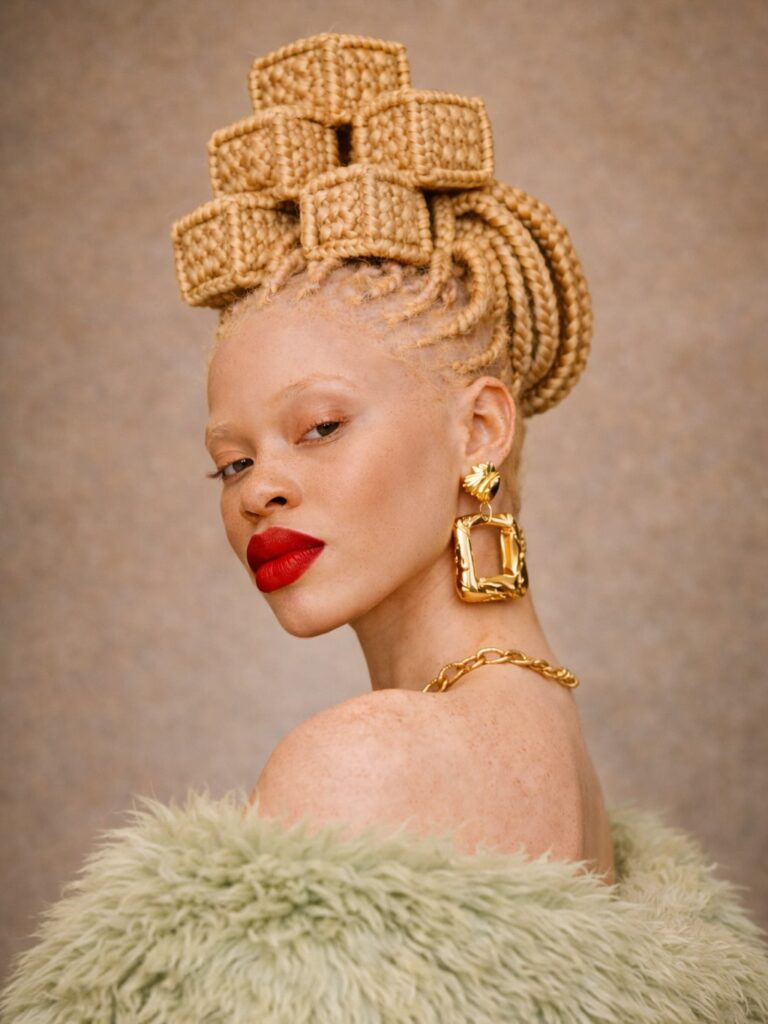
Hairbysusy – Instagram
Her work is recognised for organic approach to styling, structure, and creativity, turning standard braids into memorable statements.
With these cube-stacked braids, Susy Oludele proves how creative braiding can be. believing that the most iconic looks come from vision and flow rather than strict trends.
-

 Celebrity Style4 months ago
Celebrity Style4 months agoMercy Aigbe Keeps it Sharp in Ivory Dress
-

 Celebrity Style5 months ago
Celebrity Style5 months agoTwo Ways to Wear a Suit, According to Liquorose
-

 Models5 months ago
Models5 months ago5 of Damilola Bolarinde Best Looks
-

 Celebrity Style4 months ago
Celebrity Style4 months agoBella Okagbue Puts a Spin on Feminine Suiting
-

 Fashion5 months ago
Fashion5 months agoBella Okagbue Clean London Look
-

 Fashion4 months ago
Fashion4 months agoTeminikan Experiments with Geometry in a Woven Mini
-
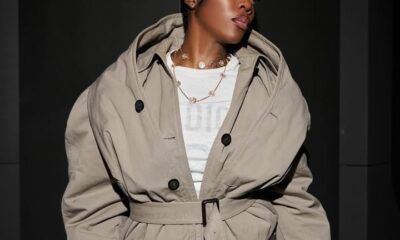
 Music5 months ago
Music5 months agoTiwa Savage Was in New York for Her Album Media Run
-

 Celebrity Style5 months ago
Celebrity Style5 months agoTiwa Savage Ties Up New York in Style
-

 Health5 months ago
Health5 months agoWhich Fruits Are Highest in Calcium?
-

 Celebrity News5 months ago
Celebrity News5 months agoHilda’s Record-Breaking Jollof Festival



